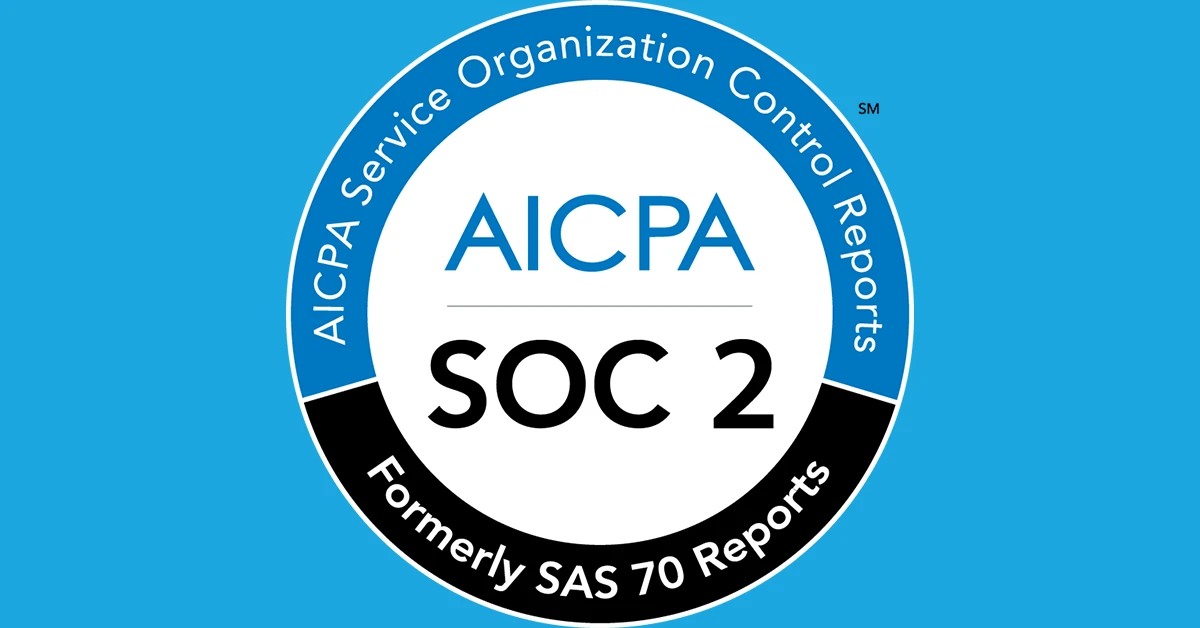Paying royalties to creative professionals such as authors, writers, musicians, and other creatives is a crucial aspect of their income and a legal obligation for the companies that use their works. This blog post will explore five essential factors that companies paying royalties should be thinking about. From tax identity and management services to streamlining processes and understanding contracts, we'll provide you with an approachable and easy-to-understand guide to make your royalty payments run smoothly.
Understanding Different Types of Royalties
Get to Know the Basics of Author Royalty, Writer Royalty, Musician Royalty, and Creative Royalty
Before diving into the mechanics of royalty payments, it's essential to comprehend the different types of royalties that creatives might receive. Royalties are essentially a percentage of the revenues generated from the creative work, such as book sales, music streaming, or licensed artwork.
- Author Royalty: Royalties paid to authors usually come from the sales of their books. These royalties might be based on the cover price or the net profit, depending on the publishing contract.
- Writer Royalty: Screenwriters and playwrights receive royalties based on the revenue generated from theater performances, movie screenings, or television broadcasts of their scripts.
- Musician Royalty: Musicians and songwriters earn royalties from the sales, streaming, or licensing of their music.
- Creative Royalty: Other creative professionals, such as visual artists or photographers, receive royalties based on the licensing or sales of their work.
Tax Identity and Management Services
The Importance of Accurate Tax Reporting and Withholding for Royalty Payments
When making royalty payments, it's crucial to handle taxes correctly. Companies are responsible for withholding and remitting taxes on behalf of the creative professionals they're paying. To ensure accurate tax reporting and withholding, companies should consider using tax identity and management services.
These services will help companies:
- Verify the tax identification numbers (TINs) of the payees.
- Determine the correct tax withholding rates based on the payee's country of residence and any applicable tax treaties.
- Generate and file the required tax forms and reports for the tax authorities.
- Assist in maintaining compliance with ever-changing tax laws and regulations.
Understanding and Complying with Contracts
Ensuring Compliance with the Terms and Conditions of Royalty Agreements
Contracts between companies and creatives are the foundation of royalty payments. It's essential to understand and comply with the terms and conditions of these agreements. Companies should pay close attention to:
- Royalty Rates: Ensure that you're paying the correct percentage based on the contract.
- Payment Terms: Adhere to the agreed-upon schedule for royalty payments.
- Territory Restrictions: Be aware of any limitations on the use or distribution of the creative work.
- Performance Milestones: Monitor and track the achievement of any specified goals or targets that impact royalty payments.
Streamlining the Royalty Payment Process
Adopting Efficient Systems and Technologies for Managing Royalty Payments
Efficient royalty payment management can save time and resources for both the company and the creative professionals. Companies should look to streamline their royalty payment processes by:
- Adopting royalty management software: This can automate calculations, generate statements, and track payments, making the process more efficient and accurate.
- Utilizing digital payment methods: Electronic transfers, such as wire transfers or PayPal, can speed up the payment process and minimize errors.
- Maintaining clear communication: Regularly updating creatives on the status of their payments and any changes in the process can help build trust and maintain positive relationships.
Protecting Intellectual Property Rights
Ensuring Proper Licensing and Avoiding Infringements
One of the primary reasons creatives receive royalties is due to their intellectual property rights. Companies must respect these rights by ensuring proper licensing and avoiding any infringements. To protect the creative's intellectual property rights, companies should:
- Ensure proper licensing agreements: Obtain the necessary permissions and licenses to use the creative work legally and ethically.
- Monitor usage: Keep track of how and where the creative work is being used, ensuring it aligns with the agreed-upon terms and conditions.
- Address infringements promptly: If unauthorized use or copying of the creative work is discovered, take appropriate action to resolve the issue, including issuing cease and desist letters or pursuing legal action if necessary.
Building Positive Relationships with Creatives
Fostering Trust and Collaboration Through Transparent and Fair Royalty Practices
Paying royalties to authors, writers, musicians, and other creatives is not only a legal obligation but also a way to foster trust and collaboration. By treating creative professionals fairly and being transparent about the royalty process, companies can build strong relationships that lead to successful and enduring partnerships. To create a positive working relationship, companies should:
Communicate clearly and openly: Keep creatives informed about the status of their royalties, any changes in the process, and what they can expect in terms of future payments.
Offer fair compensation: Ensure that the agreed-upon royalty rates are competitive and adequately reflect the value of the creative work.
Provide support and resources: Offer assistance or guidance on understanding royalty agreements, navigating tax requirements, and other aspects of the royalty process.
Addressing the Challenges in Royalty Payment & Tax Processes
Identifying Issues Challenging the Current System and Proposing Solutions for a Better Royalty Ecosystem
The current royalty structures and processes, while essential, are not without their flaws. This is especially true when looking at royalty payments and their resulting tax management processes.
These challenges often lead to dissatisfaction for both the creatives and the companies responsible for paying the royalties. We hear about this daily, so we got to work to not only identify some key challenges in the current system but to propose solutions that align the desired outcomes of both artists and agencies.
Challenge 1: Lack of transparency and standardization
In many cases, creatives are left in the dark regarding their royalty earnings and the factors that influence their payments. A lack of standardization across industries also makes it difficult for creatives to compare contracts and negotiate fair deals.
Solution: Companies should prioritize clear communication and transparency. Standardizing royalty agreements and processes across industries can help creatives better understand their rights and empower them to negotiate more effectively.
Challenge 2: Inefficient payment processing and tracking
The traditional royalty payment process can be time-consuming, error-prone, and costly for both creatives and companies. Delays and inaccuracies can lead to frustration and strained relationships.
Solution: Companies should adopt efficient systems and technologies to streamline the royalty payment process. This includes using royalty management software and digital payment methods to save time, minimize errors, and improve overall satisfaction.
Challenge 3: Complex tax requirements
Tax reporting and withholding for royalty payments can be complex and burdensome, leading to confusion and potential non-compliance.
Solution: Utilizing tax identity and management services can simplify the tax process for both parties, ensuring accurate reporting and compliance with local and international tax laws.
Challenge 4: Intellectual property rights infringements
Piracy, unauthorized usage, and other infringements can devalue creatives' work and result in lost income.
Solution: Companies should be diligent in protecting intellectual property rights. This includes obtaining proper licenses, monitoring usage, and addressing infringements promptly.
Challenge 5: Unsustainable royalty rates
Some royalty rates may not be sustainable for creatives or companies, leading to financial struggles and dissatisfaction on both sides.
Solution: Ensuring fair compensation is essential to building a sustainable royalty ecosystem. Companies should periodically review and adjust royalty rates to reflect the true value of the creative work and maintain a healthy balance between profitability and fairness.
Conclusion
Among the challenges faced by creatives and companies in the royalty ecosystem, the inefficiencies in payment processing and tracking, as well as the complexities of tax requirements, are particularly prominent. By addressing these two challenges, a strong foundation can be established for tackling the other issues that plague the current system.
A payment orchestration platform, which streamlines and centralizes the management of multiple payment methods, can greatly improve the efficiency and accuracy of the royalty payment process. By integrating a tax service into this platform, companies can simplify tax reporting and withholding, ensuring compliance with local and international tax laws. This integration can significantly reduce the administrative burden on both creatives and companies, allowing them to focus on their core activities and fostering a more collaborative working relationship.
By implementing a payment orchestration platform with integrated tax services, companies can effectively tackle the second and third challenges, paving the way for addressing the other issues in the royalty ecosystem. Such a comprehensive solution not only streamlines processes and ensures compliance, but also sets the stage for improved transparency, enhanced protection of intellectual property rights, and more sustainable royalty rates.



